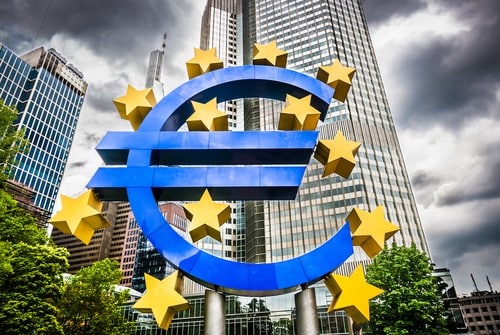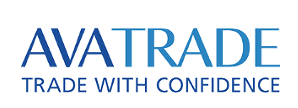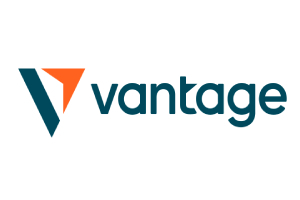Europe’s Drive for Monetary Independence
The European Systemic Risk Board (ESRB) has issued a recommendation to ban multi-issuance stablecoins, reinforcing the European Central Bank’s (ECB) long-standing campaign to safeguard European monetary sovereignty. The proposed restriction targets stablecoin providers such as Circle and Paxos, preventing them from issuing identical tokens across multiple jurisdictions while maintaining reserves in only one EU member state.
According to Bloomberg, this move highlights growing unease over the influence of foreign—particularly U.S.-based—financial systems within Europe. Although the ESRB’s recommendation isn’t legally binding, it holds considerable sway. Chaired by ECB President Christine Lagarde, the board includes Europe’s central bank governors and senior EU policymakers, whose recommendations carry significant weight with national regulators across the bloc.

Lagarde’s Defense of European Sovereignty
Christine Lagarde has become one of the fiercest opponents of stablecoins backed by U.S. dollar reserves, warning that such instruments could erode Europe’s control over its monetary system. Her argument goes beyond ideology—it’s rooted in practical risks. Lagarde contends that foreign-issued stablecoins introduce “legal, operational, liquidity, and financial stability risks” at the EU level.
Her warnings are supported by data from an ECB presentation earlier this year, which revealed that the reserves for many of these stablecoins are held in dollar-denominated assets outside the European Union. This setup, according to the ECB, undermines the EU’s Savings and Investment Union and weakens oversight of cross-border capital movement—two critical pillars of Europe’s financial stability strategy.
Policy Alignment and Global Implications
The ESRB’s latest position also draws support from the recently enacted GENIUS Act, which explicitly requires issuers to hold reserves in U.S.-based assets such as Treasury bills and demand deposits. For European regulators, this reinforces the rationale for limiting reliance on foreign-backed stablecoins.
The proposed ban poses major implications for U.S. stablecoin issuers operating in the EU. Circle and Paxos—both licensed under European frameworks—still maintain their reserves primarily in U.S. institutions. Analysts believe this could spark friction between the ECB and the European Commission, which had previously shown openness to the multi-issuance model as a way to foster innovation in digital finance.

The Road Ahead for Stablecoin Regulation in Europe
As the debate intensifies, the ECB’s approach signals a broader strategic intent: to fortify Europe’s autonomy over its digital monetary ecosystem. While Circle, Paxos, and several EU authorities have declined to comment, the momentum behind Lagarde’s campaign suggests that Europe is moving toward a more restrictive stance on U.S.-issued stablecoins—potentially reshaping how digital assets integrate into the continent’s future financial framework.
Make money without lifting your fingers: Start using a world-class auto trading solution.
EightCap, your trusted Partner in CFDs, Cryptocurrencies and Stocks.
- Broker
- Min Deposit
- Score
- Visit Broker
- Award-winning Cryptocurrency trading platform
- $100 minimum deposit,
- FCA & Cysec regulated
- 20% welcome bonus of upto $10,000
- Minimum deposit $100
- Verify your account before the bonus is credited
- Fund Moneta Markets account with a minimum of $250
- Opt in using the form to claim your 50% deposit bonus
Learn to Trade
Never Miss A Trade Again

Signal Notification
Real-time signal notifications whenever a signal is opened, closes or Updated

Get Alerts
Immediate alerts to your email and mobile phone.

Entry Price Levels
Entry price level for every signal Just choose one of our Top Brokers in the list above to get all this free.



